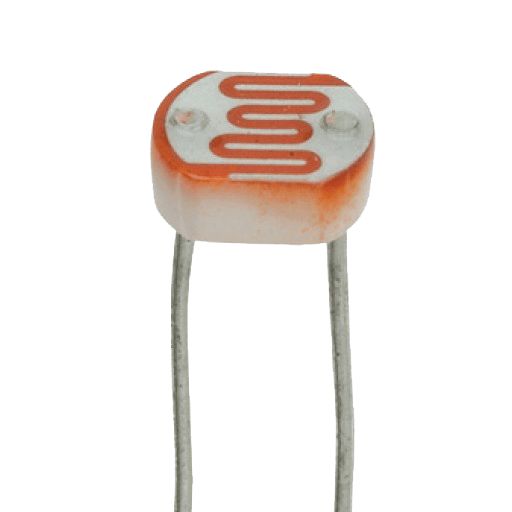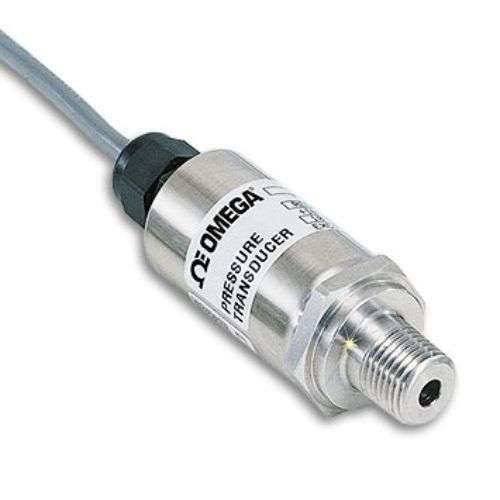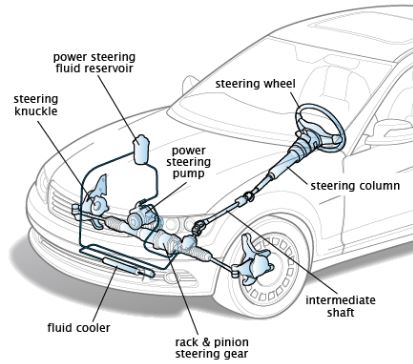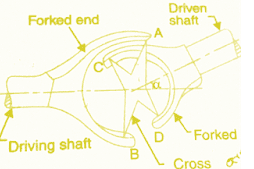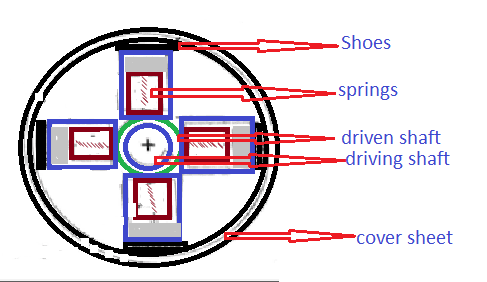Difference between Sensor and Transducer:
Sensors and transducers are devices that detect and convert physical phenomena into measurable parameters.
What is a Sensor?
A sensor is a device that converts one type of energy into another.
A sensor is any device that responds to the presence, absence, or change in a physical quantity and that can convert that response into an electrical or digital signal.
The sensor is the device that measures the physical quantity and converts it into an electric signal. They measure physical quantities like temperature, light, or sound.
Sensors can be used in many scenarios, for example, to measure the human body’s vital signs.
A sensor helps us convert thermal or other types of electromagnetic radiation data into numbers which makes it easy to understand.
Sensor: They work by sensing the change in their environment and then transmitting that data to other devices.
A sensor is a device that provides measurement or detection of external characteristics such as temperature, humidity, or pressure.
Sensor
What is a Transducer?
A transducer is an electronic device that converts electrical signals from one form to another transducer is a device that converts, for example, electrical energy into sound energy and vice versa.
Transducers are devices designed to convert one form of energy input to another form of output.
The transducer converts an electric signal into a physical quantity such as sound, light, or motion.
Transducers are used instead of sensors when the sensor needs to be modified before it is used (ex: converting analog data to digital).
The advantages of sensors over transducers are: sensors can measure all kinds of quantities and transmit signals over long distances with little loss of accuracy and they can be used to measure vital signs like heart rate and blood pressure without having to touch the subject’s skin.
Transducer
